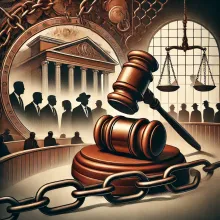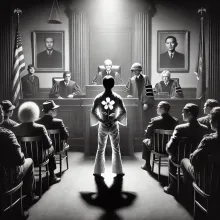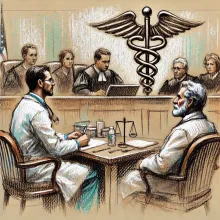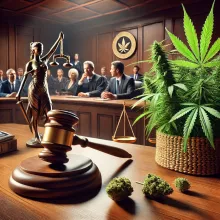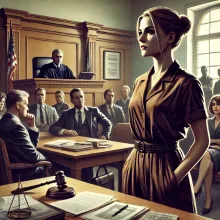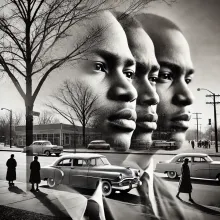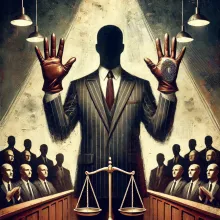In 1735, the trial of John Peter Zenger marked a pivotal moment in American legal and social history. Zenger, a printer in New York, was charged with seditious libel for publishing articles critical of Governor William Cosby. Under the law, truth was no defense; merely publishing criticisms of the government was considered criminal. However, Zenger's lawyer, Andrew Hamilton, argued that the jury should evaluate not only the facts but also the morality of the law itself. Hamilton's compelling plea for freedom of speech and press resonated with the jury. Against direct instructions from the judge, the jury acquitted Zenger, setting an early precedent for jury nullification in America.
This landmark decision emboldened the press and foreshadowed constitutional protections for free speech. The trial demonstrated the power of ordinary citizens to resist oppressive laws through jury nullification, where jurors disregard legal technicalities to uphold broader principles of justice. Today, the Zenger trial remains a testament to the enduring influence of jury independence in shaping American democracy and protecting fundamental rights.

